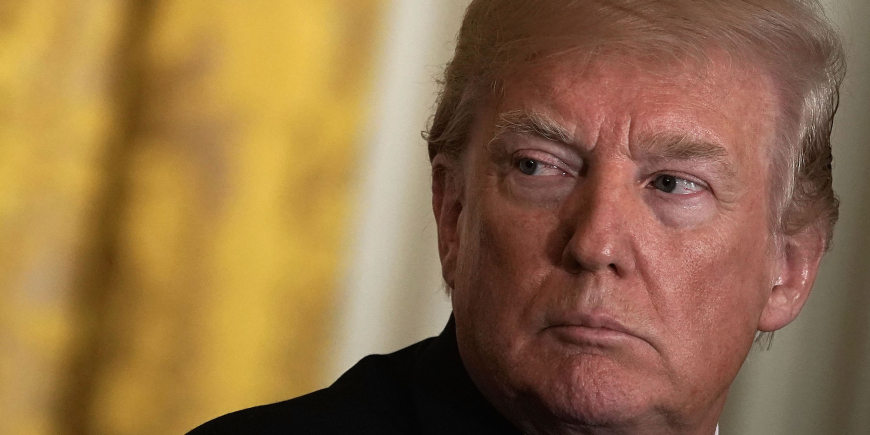Trump Pauses Enforcement of Anti-Bribery Law, Sparking Global Debate
Former President Donald Trump has temporarily suspended the enforcement of the Foreign Corrupt Practices Act (FCPA), raising concerns about business ethics and global trade. Read more on the potential legal and political consequences.

Former U.S. President Donald Trump has issued an executive order temporarily halting the enforcement of the Foreign Corrupt Practices Act (FCPA), a federal law that prohibits American companies from bribing foreign officials. The decision has ignited controversy, with critics warning of potential repercussions for international business ethics and U.S. foreign policy.
Background on the FCPA
The Foreign Corrupt Practices Act, enacted in 1977, was designed to curb corruption by prohibiting American businesses from engaging in bribery overseas. It also requires companies to maintain transparent financial records to prevent fraudulent activities. Over the decades, the FCPA has led to major investigations and penalties against multinational corporations, reinforcing global standards against corruption.
Trump’s Justification for the Suspension
In his executive order, Trump argued that the FCPA puts American businesses at a disadvantage in the global marketplace, as many foreign competitors operate in regions where bribery is considered a norm. He stated that "overregulation stifles American enterprise and weakens our competitive edge in international trade. This move will help level the playing field for U.S. businesses."
Supporters of the decision, particularly from the corporate sector, claim that the law is outdated and hinders the ability of American firms to engage in high-stakes deals in countries where corruption is deeply entrenched. They argue that suspending the law will allow for more flexibility in negotiations and increase American economic influence abroad.
Criticism and Concerns
However, the move has been met with sharp criticism from legal experts, ethics watchdogs, and international organizations. Opponents argue that weakening the FCPA could encourage unethical business practices and damage America’s reputation as a proponent of fair trade.
"This is a dangerous step backward," said Lisa Thompson, director of the Global Anti-Corruption Institute. "The U.S. has been a leader in promoting ethical business conduct worldwide. Weakening the FCPA will send a signal that corruption is acceptable, leading to long-term economic and political instability."
Additionally, some lawmakers have voiced concerns that the decision may invite increased scrutiny from global regulatory bodies and could result in retaliatory measures from countries that view the suspension as an endorsement of corporate misconduct.
International Reactions
Governments and international institutions have reacted with unease to the suspension. The European Union has warned that it may impose stricter oversight on American businesses operating within its jurisdiction. Meanwhile, anti-corruption organizations such as Transparency International have urged Congress to intervene and reinstate the FCPA’s enforcement mechanisms.
Potential Legal and Political Fallout
Legal experts have also raised concerns about potential lawsuits against the executive order. They argue that such a unilateral move may face constitutional challenges, particularly if Congress or the judiciary deems the suspension an overreach of presidential authority.
As the debate continues, the future of the FCPA remains uncertain. Whether the suspension leads to an overhaul of U.S. anti-bribery laws or a reinstatement of strict regulations will depend on political and legal developments in the coming months.



 Utej
Utej 





